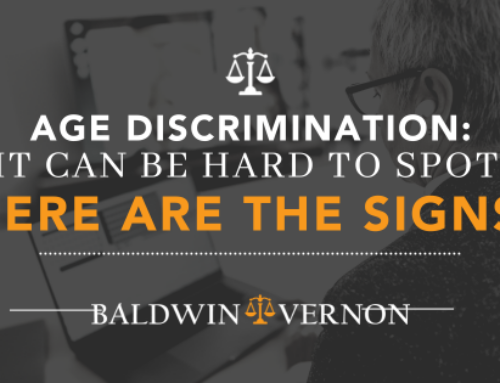What are civil rights and how are we protected at our jobs from unlawful discrimination? Most laws that regulate civil rights originate at the federal level and include the Age Discrimination Act of 1975, the Fair Housing Act, and the Civil Rights Act of 1964, among others.
When it comes to the workplace, it’s imperative to know the ropes of Title VII of the Civil Rights Act. This law forbids employers (with 15 or more employees) from discriminating against employees on the basis of sex, race, color, religion (belief, observance and practice) or national origin. The term “sex” also refers to pregnancy, childbirth and medical conditions related to pregnancy or childbirth.
This protection not only defends employees at their place of employment but also extends to the treatment of job applicants.
Title VII does not allow discrimination in any form and is prohibited in employment decisions such as hiring, firing, layoff, compensation, job assignment, transfer, promotion, retirement plans, or leave.
Even though Title VII was passed more than 50 years ago, there are still many cases of harassment and discrimination in the workplace that civil rights lawyers work tirelessly to defend.
In fact, in 2013, there were 33,068 complaints of race discrimination, 27,687 claims of sex discrimination, 3,721 reports of discrimination based on religion, 3,146 claims of color discrimination and 10,642 reports of national origin discrimination, according to the Equal Employment Opportunity Commission (EEOC).
If you believe that you have been discriminated against, in violation of Title VII of the Civil Rights Act, and wish to file a complaint with the EEOC, contact your local civil rights attorney for advice.







